A man from Hyderabad couldn’t control his laughter while he was enjoying a comedy show with his family. After laughing hard for a few minutes, things turned serious as he lost his consciousness. A doctor later explained that he suffered from a rare condition called laughter-induced syncope. Here’s what it is read more
)
Excessive laughing can trigger a rare condition called syncope. Image for representation.
Like many things in life, too much of a good thing can be a bad thing. This proverb proved true for a Hyderabad man whose hearty chuckle landed him in a hospital.
A 53-year-old man in Hyderabad was enjoying a pleasant evening with his family over tea. They were watching a popular comedy show on television when the man found the show so hilarious that he couldn’t control his laughter. Everything seemed fine as the man laughed non-stop for several minutes until he lost consciousness, and his daughter noticed jerky movements of his hands, Dr Sudhir Kumar, a neurologist at Apollo Hospitals narrated the rare case on X.
“I listened to the entire history and clinically examined him. He had no history of any medical illness, and he was not on any medications. The diagnosis was clear to me. The diagnosis was: laughter-induced syncope,” Dr Kumar further wrote.
What is the condition and how can you manage it? Let’s take a closer look
What is laughter-induced syncope?
As per Cleveland Clinic, syncope is a medical term used for fainting or passing out. It is a rare but real phenomenon.
“It arises when excessive laughter leads to a momentary unconsciousness due to an abrupt reduction of brain blood supply, which is temporary in nature. Just consider this: while laughing heavily, you feel the pressure inside your chest increase. Sometimes this can momentarily reduce cerebral perfusion leading to light-headedness and occasionally syncope,” Dr Ashray V, Consultant, Emergency Medicine, Aster Whitefield Hospital, Bengaluru told _India Today.
_
Laughter-induced syncope primarily impacts the cardiovascular and nervous systems, leading to one losing consciousness, Ashray further said.
The Hyderabad man who fainted suffering from the same condition was taken to the hospital, but he recovered fully on the way. He later confessed that he had no memory of what had just transpired, Dr Kumar wrote.
Laughter is the best medicine, however, in case of a 53-year-old, laughter resulted in a visit to emergency department
53-year-old Mr Shyam (name changed) was enjoying a nice evening with his family over a cup of tea. They were watching a popular comedy show on TV. Mr Shyam… pic.twitter.com/TZJAM45QpC
Signs of a having syncope
As per Heathline, brief loss of consciousness and temporary fainting are the symptoms of syncope, while they are preceded by signs that one must look out for.
It includes feelings of nausea, slurred speech, a weak pulse, changes in body temperature that make you feel suddenly flushed or chilled, sweating, blurry vision, lack of balance, lightheadedness, rapid heartbeat, body weakness, and headache.
Dr Ather Pasha, Consultant-Internal Medicine, CARE Hospitals, Banjara Hills, Hyderabad told The Indian Express, that vasovagal, cardiac, situational, and neurologic syncope are some types of syncope, which are similar to laughter-induced syncope.
As per Dr Kumar who treated the Hyderabad man, no medications were needed to treat the condition.
How to manage a syncope?
There is no definitive cure for laughter-induced syncope. It is important to avoid its triggers that could cause fainting episodes, including prolonged standing, excessive physical exertion, and even intense laughter, as per Kumar.
Instead, management strategies such as lifestyle changes, including steering clear of situations or activities that provoke laughter, especially if syncope episodes have previously occurred can help. Other strategies include, implementing techniques like tensing leg muscles or crossing legs when feeling lightheaded and education about the condition help one understand the condition better.
As per Dr Kumar who advised the man who fainted to stay more hydrated said," I asked him to lie down, if he felt dizzy or if he had a sense of blacking out (symptoms of pre-syncope), so that the blood flow to brain would not reduce (in case of reduction in blood pressure)."
With inputs from agencies

 3 months ago
16
3 months ago
16

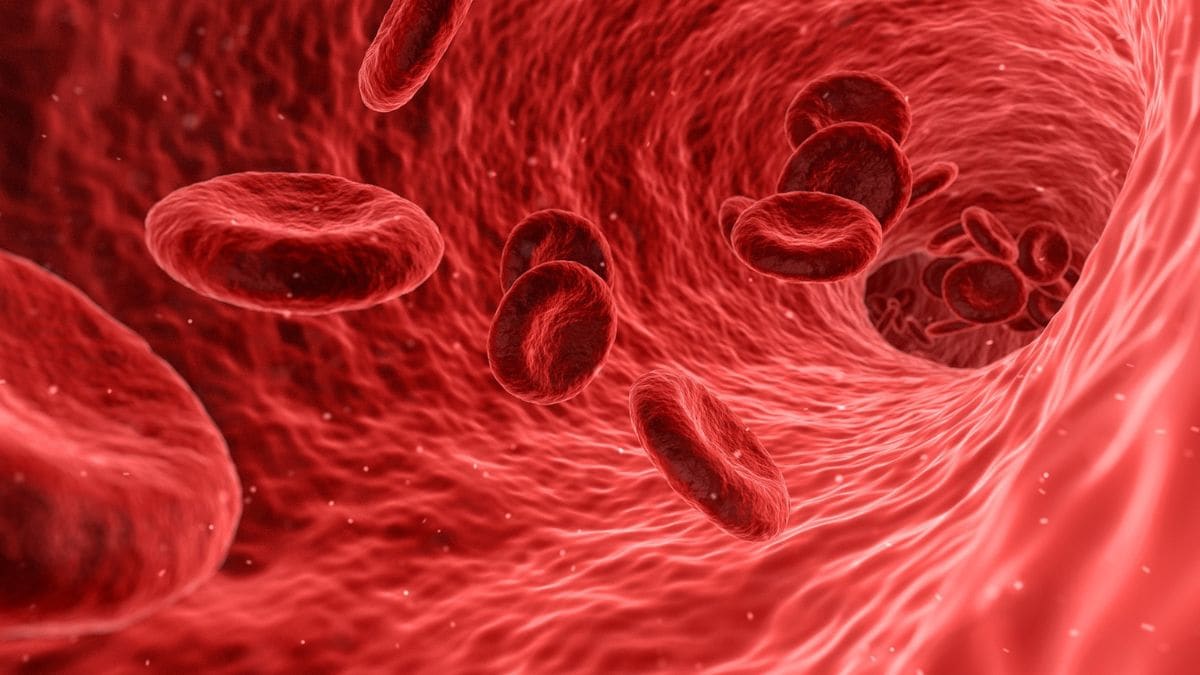


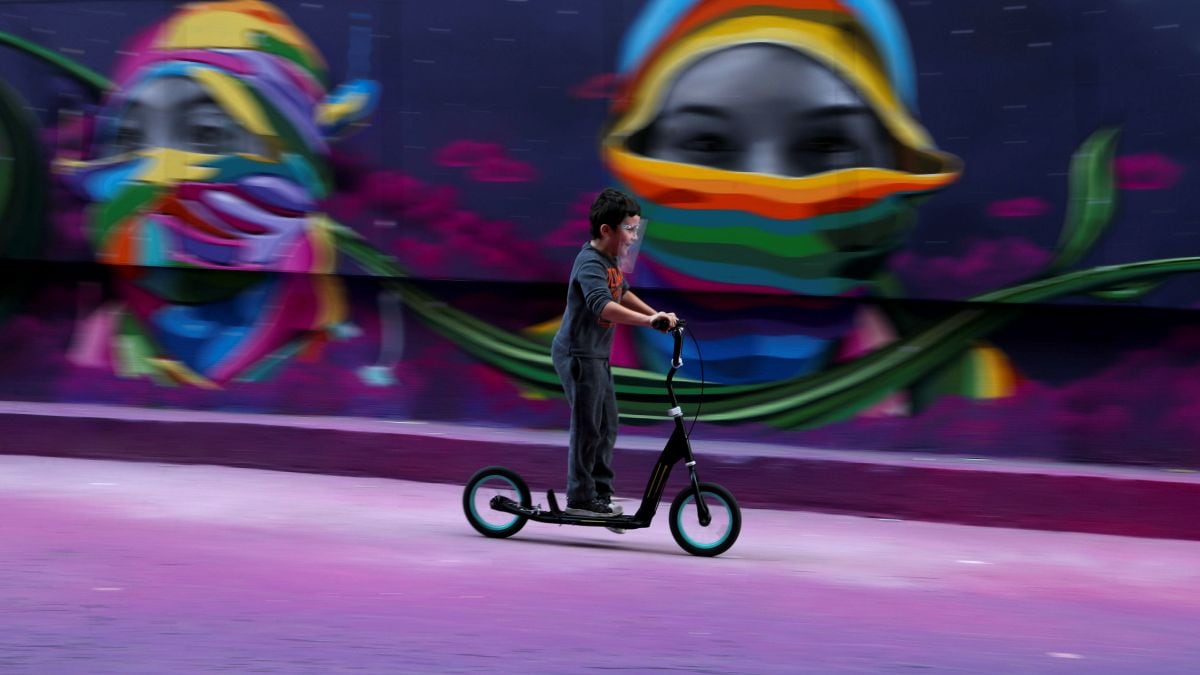

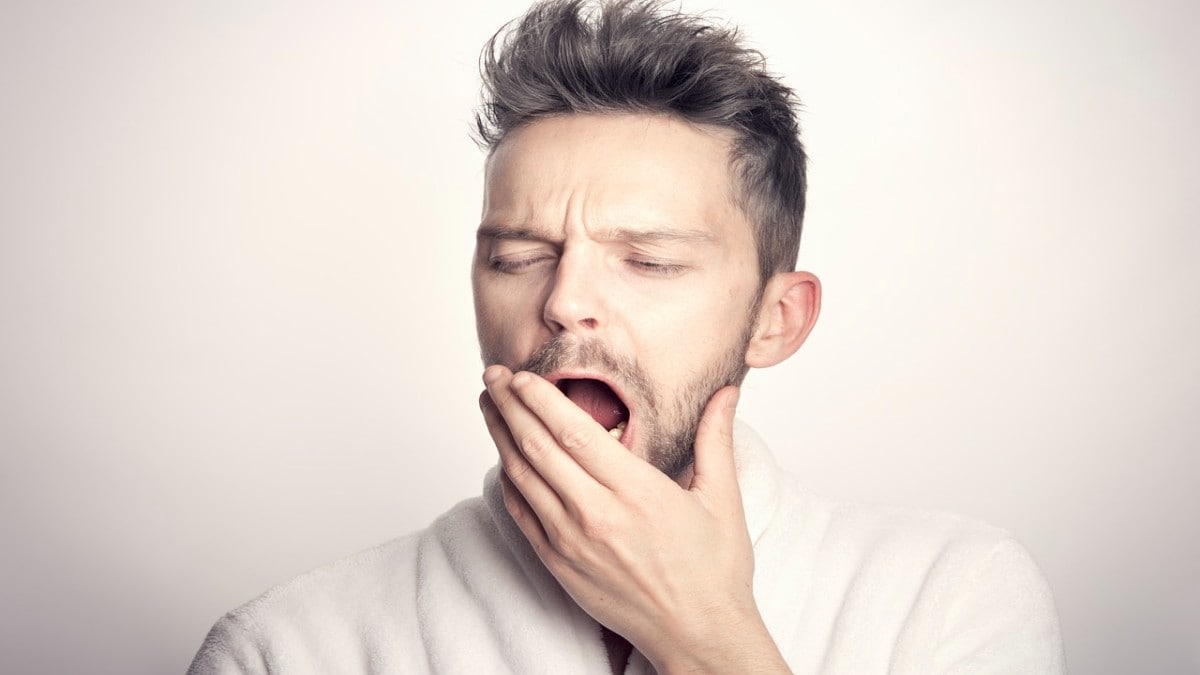
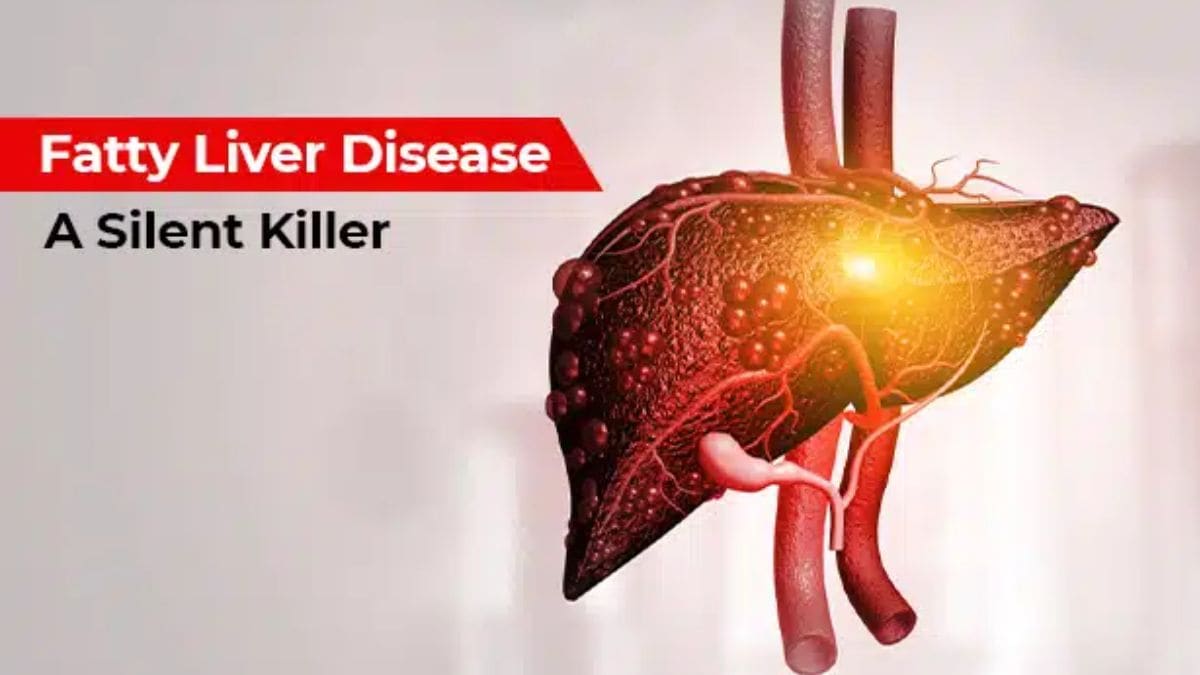

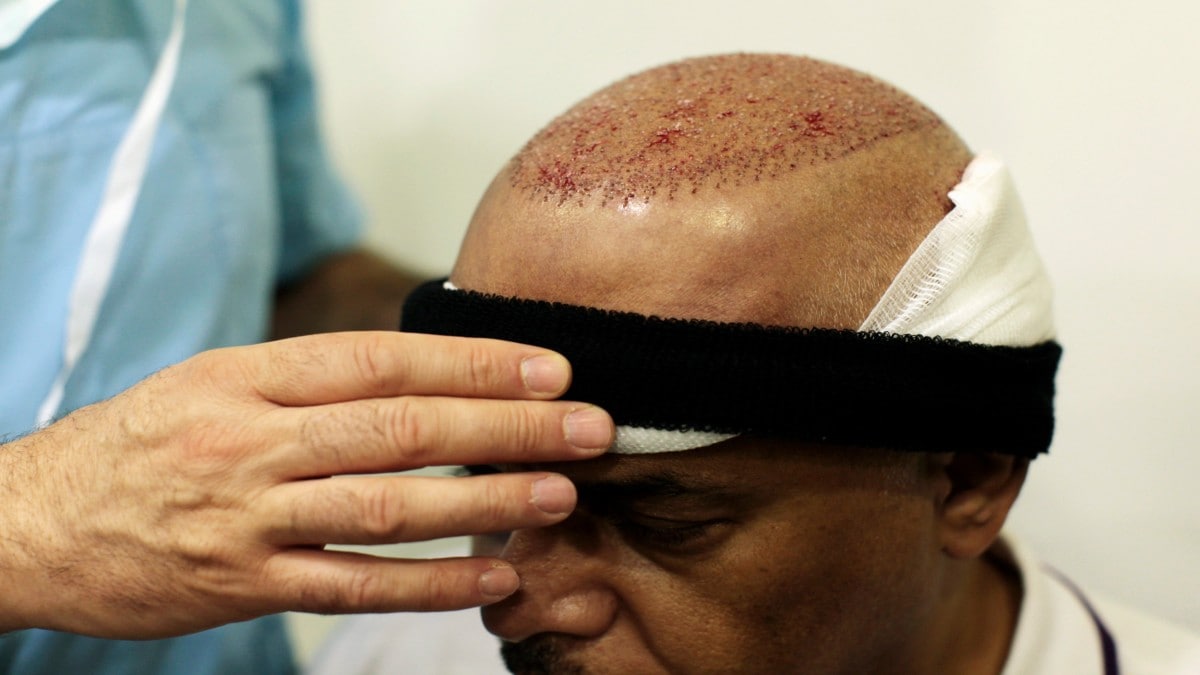

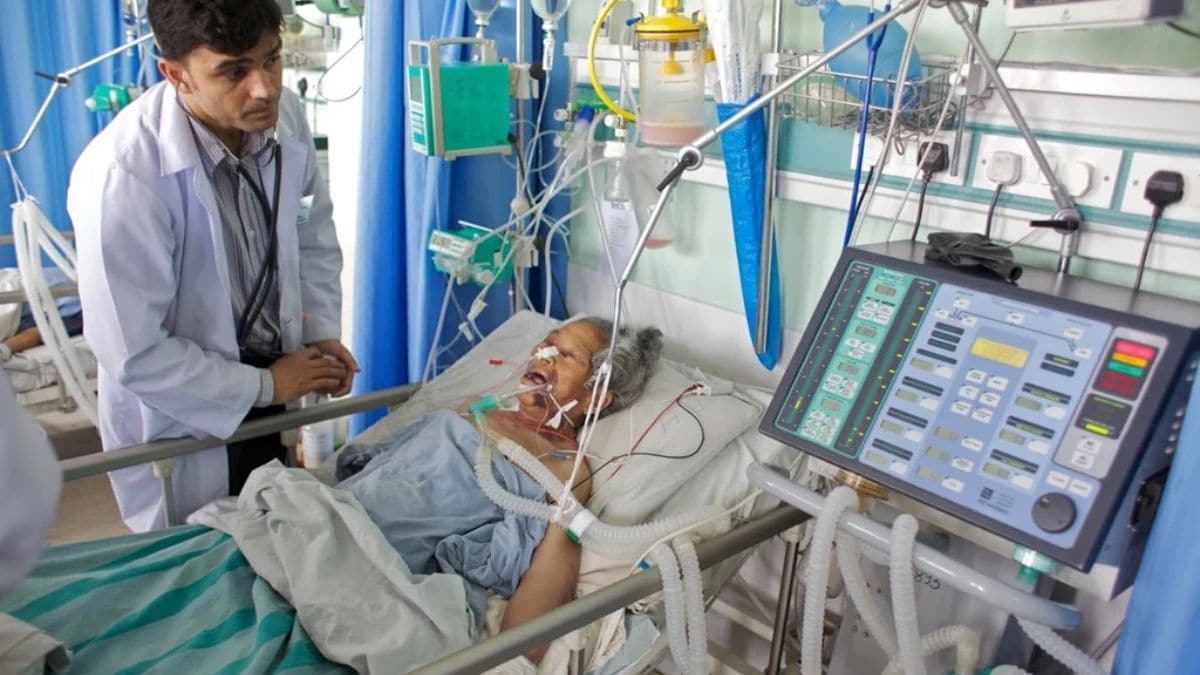



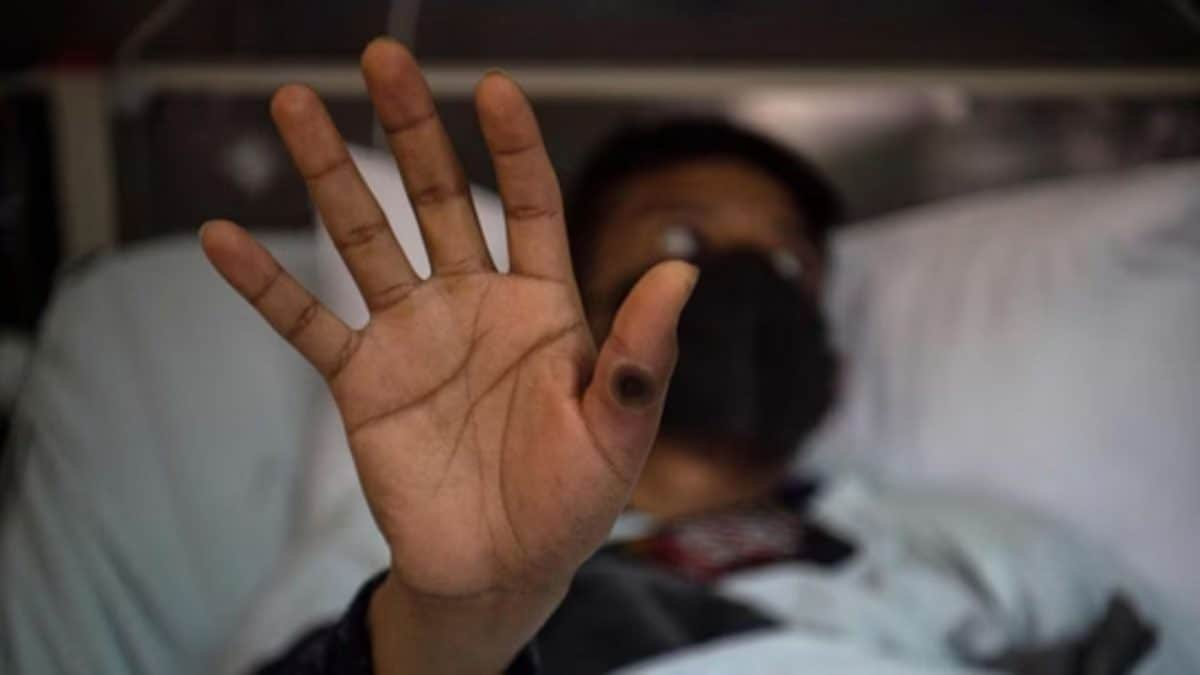

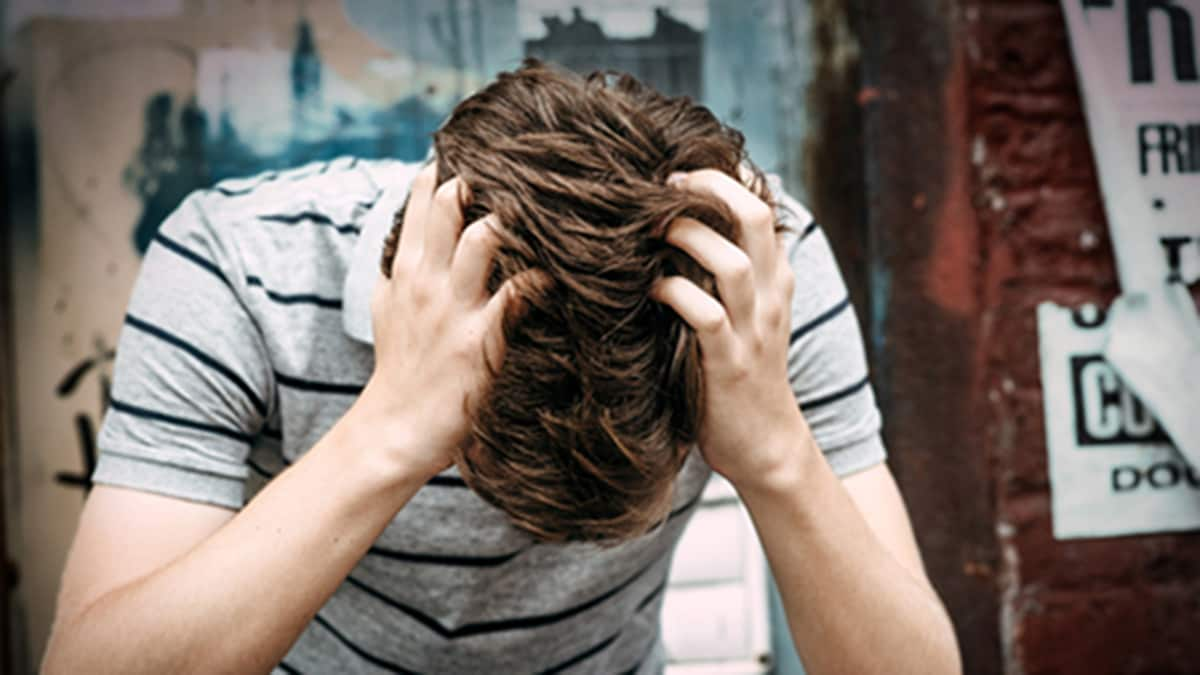
)
)
)
)
)
)
)
 English (US) ·
English (US) ·